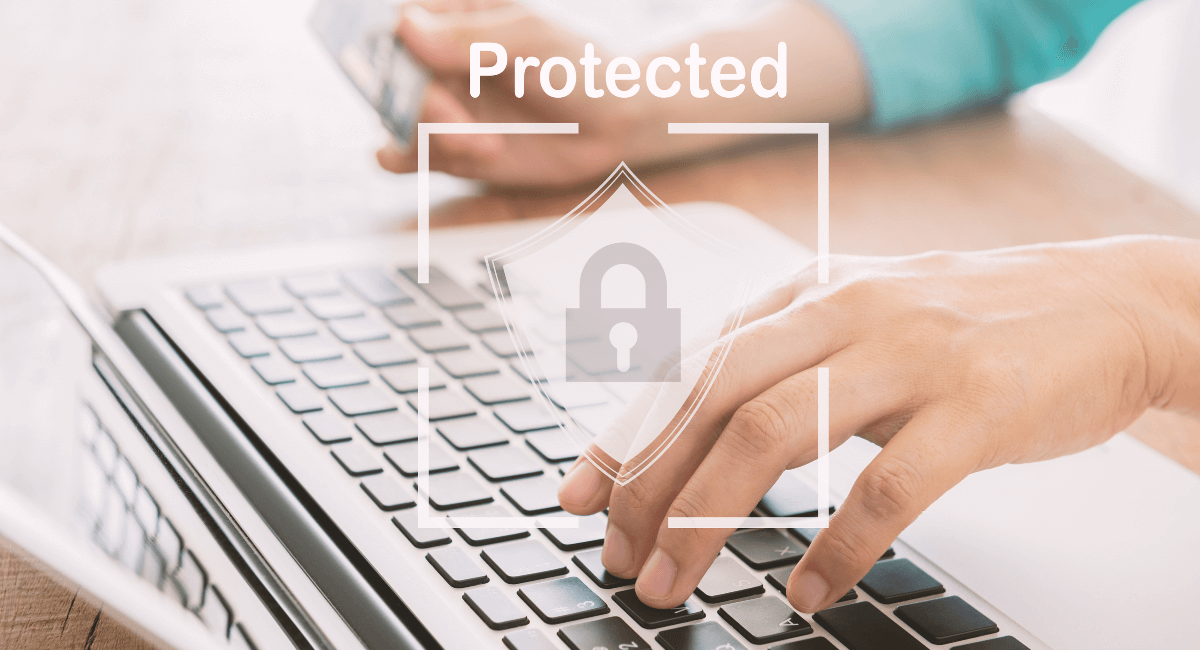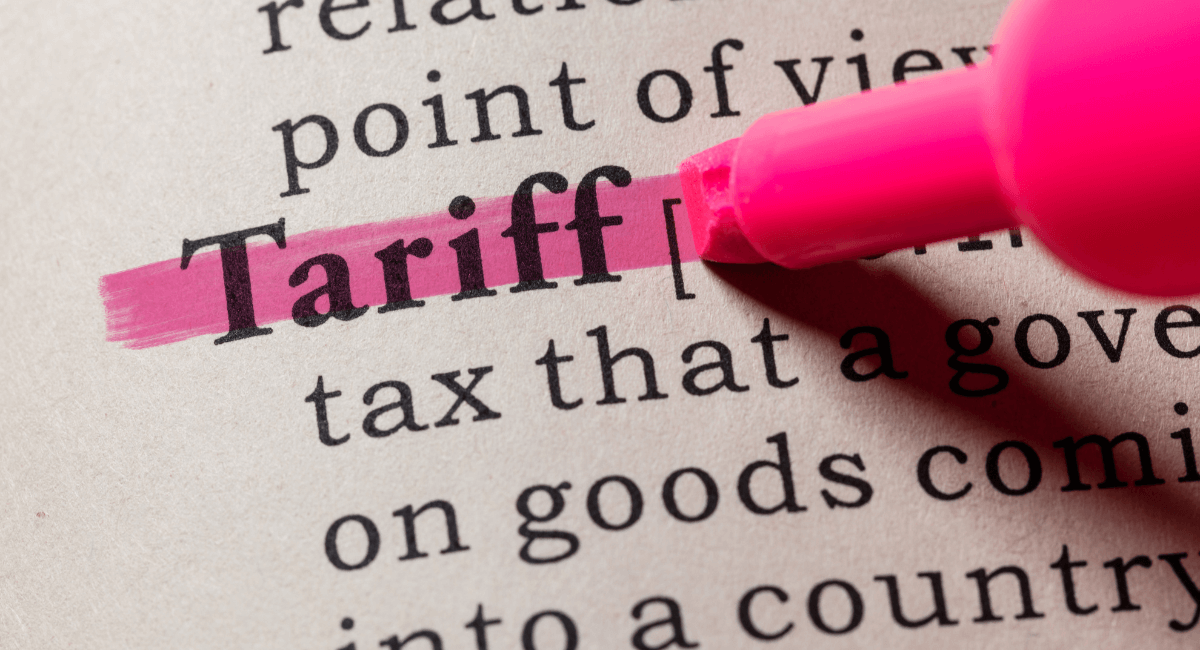Tips to avoid being scammed
We’ve all seen the news recently showing more and more people are becoming unwitting victims of scams – whether that’s an email, phone call or text scam, with the latter being on the rise. So, how can you protect yourself from inadvertently sharing information that results in you being scammed of your hard-earned cash? Here are 3 tips to help you avoid being scammed.
1. Never click on links
If you’re sent an email or text message with a link to confirm or authorise something and you weren’t expecting it – don’t click on it. If you do click on the link, don’t enter any information. Scammers are getting increasingly clever and are fooling more people with spoof websites that look like the real thing. So, although the text might say you’re clicking onto your bank’s website and you go to a website that looks like it, it’s probably fake and you’ve just unknowingly given them your login details. Only ever visit the website by typing it into your browser yourself. And if in doubt about whether a text message is real, contact the place it supposedly came from.
2. Be wary about who you share your contact information with
If you’ve ever been annoyed by a text message or phone call in the middle of the night, you might be wondering how they got your information. Anytime you’ve shared your personal information to download a free copy of a pdf, or enter a competition, you’ve given them access to your contact details. Most reputable companies won’t share it, but some will sell your data to the highest bidder. These people then attempt to scam you out of your hard-earned cash. So next time a form asks for your data, consider who’s going to be receiving this information, if it’s a bank or government department (and you’ve confirmed it’s legitimate), of course give them your real information, but if it’s a competition giveaway – consider whether it’s really worth entering.
3. Screen your text messages, calls and emails
Should your contact details be sold, and,
let’s face it, most of us have freely given our information at times without thought about who might end up with it, you need to be a little more suspicious of any communication you receive. If you receive an email, what is the sender’s email address? Often those trying to
scam you will make pretty close replicas of websites, but they
can’t replicate the email address. Is it from @ird.govt.nz or is it a random looking email address? If it does have ‘ird’ in the email address, is it something like @irddept.nz? If
you’re still not sure, contact whoever was supposed to be sending you this email – but get their contact details from their actual website NOT from the email.
For text messages, most of the time, legitimate texts will come from a 4-digit number. Often, text message scams have been received from longer mobile phone numbers. If you do receive a text that contains a link, don’t click on the link, but instead, contact whoever is supposed to have sent the text, to see if they sent it. Most of the time, legitimate texts from banks and IRD, won’t include any links to click on. Even if they’re sent from a 4-digit number, if you weren’t expecting a text, ignore the text and contact the company directly.
Scammers are becoming more sophisticated all the time, and many scams look very real. Remember banks and other institutions will never send you an email or text message with a link requesting you to click to log in and theyw ill never ask for your account number, name, address or password in an email or text message. Always err on the side of caution, never take the risk and think it is legitimate because it may cost you dearly!



